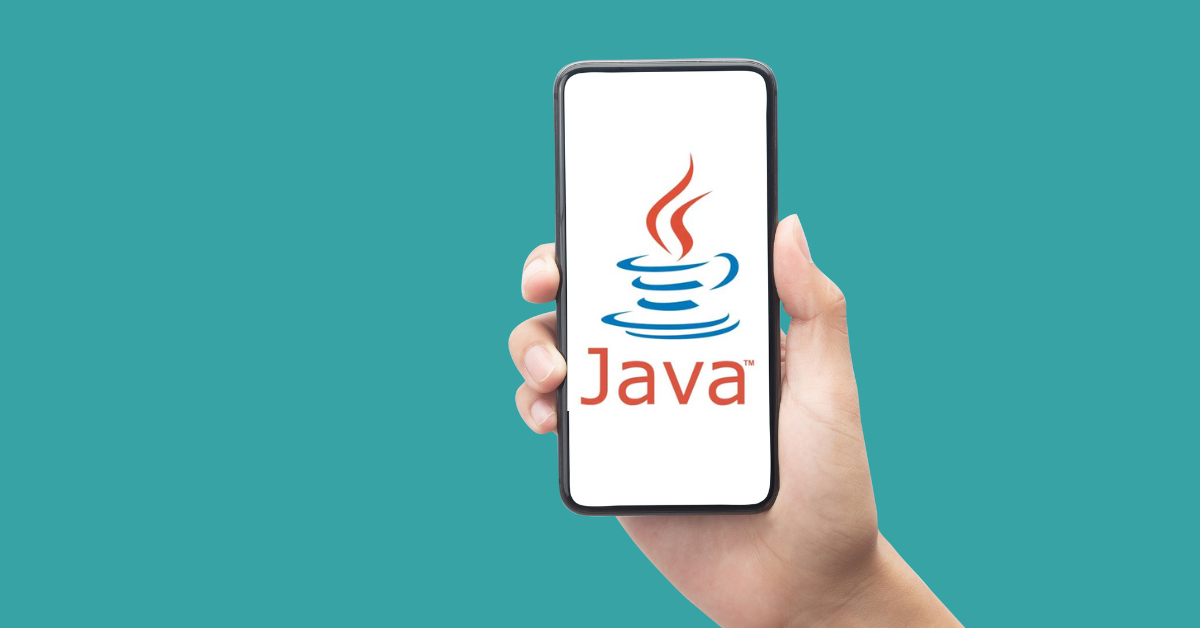Oracle has announced their 2023 per-employee pricing for their standard Java software, causing worry among customers about the potential impact on those costs. This pricing is determined by the total amount of employees a company has, rather than the number using Java specifically. This news comes at a time when businesses globally are being forced to contend with surging software costs and increasing rates from major providers.
Oracle recently unveiled its new Java SE Universal Subscription pricing system, which starts from $15 per employee per month for a maximum of 999 employees. As the number of users increases, the price drops to as low as $5.25 per employee per month for 40,000 to 49,999 users. For instance, a company of 28,000 full-time and part-time employees – including agents, consultants and contractors – would have an annual subscription cost of approximately 2.268 million dollars.
Oracle defines an employee as anyone who works part-time or full-time for a user site, plus any temporary employees, contractors, agents and consultants. The number of licenses purchased should be equal to the total number of employees employed by the organization, not just those actually using Oracle programs. Additionally, Oracle also offers some of its products and services on a per-processor basis. Oracle published an FAQ section on their website in an attempt to clarify how new licence subscriptions will be priced.
According to Oracle, customers using the legacy SE subscription model will be permitted to renew “under their existing terms and metrics”. This is good news for customers that already have a Java SE subscription based on processor counts and desktop users, but it does not address key concerns or questions. New customers will be forced into the new Universal Subscription and will likely pay at least double what the previous subscription would have cost. Additionally, smaller firms could be forced to pay significantly more for business-critical software. They are potentially on the hook for a massive subscription fee increase that may have very little benefit to their operation.
While some organizations might benefit from Oracle’s approach, others are preparing for an unexpected increase in costs. To identify and mitigate these potential risks, Oracle expert consultants — like SCS — can conduct comprehensive assessments to deliver real-time snapshots of cost trends before and after optimization processes are put in place. We would be happy to discuss this new licensing model change and how we are helping clients do the analysis needed to get ahead of any potential negative impact this might have on your organization. Contact us, today!

